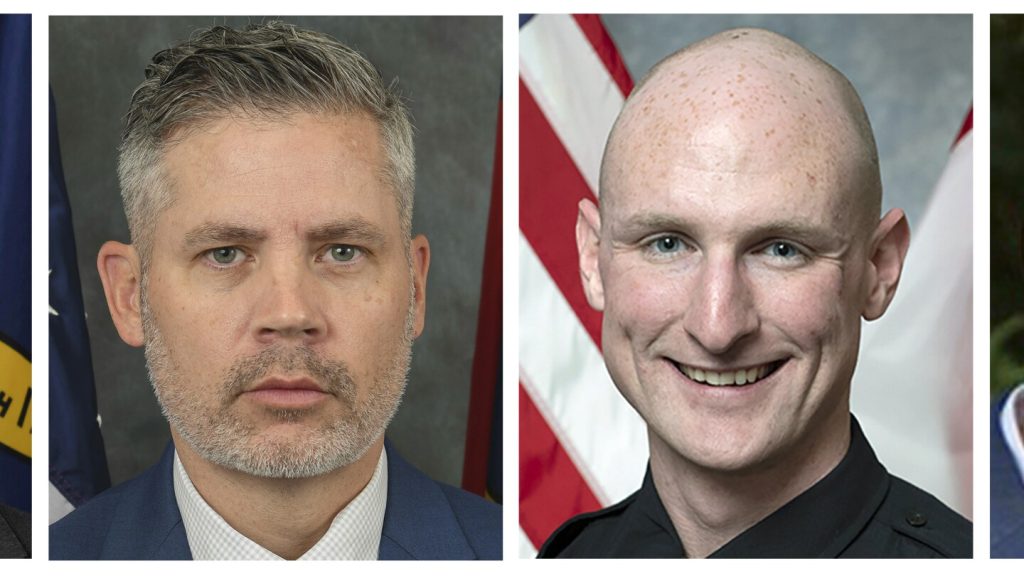A fugitive task force serving a warrant in Charlotte, North Carolina, ended in tragedy on Monday, resulting in the deadliest day for U.S. law enforcement in a single incident since 2016. Four officers were killed and four more were wounded when the suspect began firing from an upstairs window, sparking a shootout with task force officers. As backup officers arrived, they too were struck by gunfire. Among the officers killed were a deputy U.S. Marshal, two officers from the North Carolina Department of Adult Correction, and an officer from the Charlotte-Mecklenburg Police Department. This task force, led by the US Marshals, is one of many that work to find fugitives and serve warrants across the U.S.
Task forces are typically teams of law enforcement officers from different agencies collaborating on investigations in specific areas like drugs, terrorism, or gangs. The U.S. Marshals Service is primarily responsible for tracking down fugitives, and their task forces focus on finding individuals wanted on criminal warrants or high-profile suspects. With nearly 4,000 deputy U.S. Marshals and over 3,500 officers from various departments, these task forces benefit from the combined resources and expertise of both federal and local law enforcement.
Members of federal task forces undergo rigorous training and qualifications, making them well-equipped to handle dangerous situations involving violent criminals. They are carefully selected based on their skills and receive extensive training to ensure they can effectively apprehend dangerous suspects. These officers are typically assigned to federal task forces for a couple of years, with the duration varying depending on location and agency. The professionalism and dedication of these task force members make them essential in the pursuit and capture of fugitives.
When it comes to catching fugitives, task force officers utilize various tactics such as scouring last known addresses, contacting friends and family, and monitoring credit card usage to track down individuals on the run. Planning and reconnaissance play a crucial role in operations like the one in Charlotte, with task force members conducting surveillance and drills to prepare for potential outcomes. Despite the thorough preparation, officers must remain vigilant as they never know how suspects will react in high-stress situations, especially when weapons are involved.
Operations like the one in Charlotte require meticulous planning and coordination, with task force members leveraging informants, technology, and intelligence to locate and apprehend fugitives. They conduct thorough research, including observing potential locations and practicing entry approaches to ensure they are prepared for any scenario they may encounter. However, despite their preparation, officers understand the inherent risks involved in serving warrants and confronting armed suspects. The tragic events in Charlotte serve as a reminder of the dangers faced by law enforcement officers in the line of duty, highlighting the bravery and sacrifice of those who work tirelessly to protect their communities.


